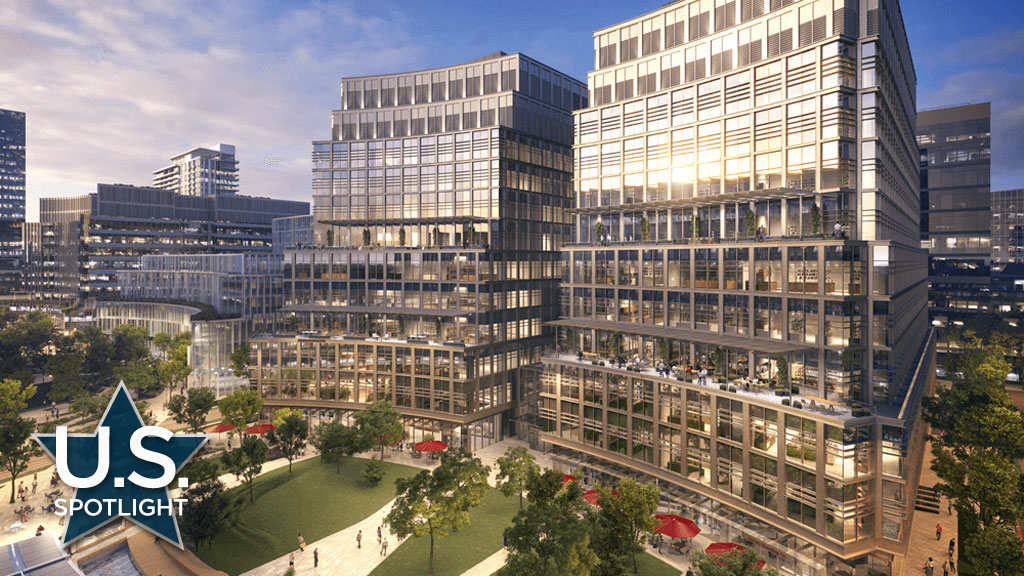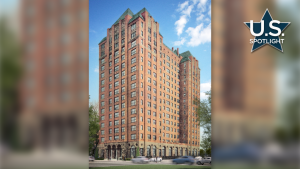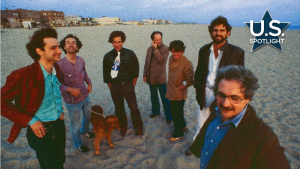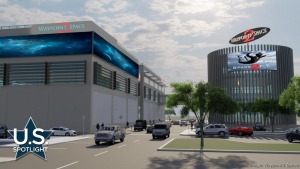Key players in Houston’s life science sector have formed the Life Sciences Coalition. Together, they are on a mission to make the city the destination of choice for investment in biotech, pharmaceutical, medical devices and research.
According to a 2022 CBRE report, Houston ranks 13th among the country’s life science markets with nearly 400,000 employed in the over 1,700 health-related companies. The coalition wants to do more.
“People think about Houston, they think about energy. They’re going to think about life sciences in the future,” Texas Medical Center president and CEO William McKeon told an audience attending a Houston Life Sciences Industry Update event early this year.
McKeon believes Helix Park, a master plan medical center developed by the Texas Medical Center (TMC), is a catalyst for future life science development in Houston.
“From modern, collaborative environments to research that saves lives, Helix Park is helping define the future of medicine. We have the potential to position Houston as the world’s leading life science cluster while making an enormous difference for patients worldwide.”
Calling itself, “The World’s Most Advanced Research Campus at the World’s Largest Medical Center,”
Helix Park will ultimately span 37 acres and five million square feet of anticipated development, the TMC website says.
“The plan emphasizes creative collisions between people, institutions and ideas, bolstered by a state-of-the-art infrastructure that will support a collaborative mix of health care, life science and business users.
“In addition, purposeful, growth-focused capital investments will foster an ever-expanding network of business partners throughout the campus, from entrepreneurial ventures to Fortune 100 companies.”
A major tenant has already been announced. The Baylor College of Medicine, known for its research with the human genome project, will lease 114,000 square feet of lab and office space in Dynamic One, the first of four buildings. Two more buildings at Helix Park will be “activated” later this year.
“Baylor College of Medicine is a major force in life sciences discovery and commercialization at TMC,” McKeon said in a news release. “Their move to TMC Helix Park will serve as a catalyst for enhanced collaboration with TMC’s other esteemed Institutions, as well as with industry leaders from around the world.”
McKeon also hopes Helix Park will attract a federal health care hub run by the Advanced Research Projects Agency for Health, described as “a ‘customer experience’ location to enhance clinical trials and reach more diverse patient populations.”
“What NASA did for the space economy, this can do for health care,” McKeon told local media. “It’s a major move by the federal government to advance therapies that normally take a very long time.”
Attracting companies and their highly-educated talent requires more than just commercial space. The environment surrounding the buildings must be attractive as well.
Green space totalling 300,000 square feet designed by award-winning international architect Mikyoung Kim, “will weave through the heart of the Helix Park campus. Lush lawns, grassy knolls, abundant tree canopies and engaging water features will grace curved walkways alongside cafes, retail shops and other public spaces. The park will offer an expansive, welcoming meeting space where great minds can informally collaborate and new ideas can grow naturally.”
As impressive as Helix Park promises to be, it doesn’t stand alone as Houston’s sole new life science development. Over one million square feet of life science space is reportedly under construction, with another 1.5 million square in the proposal stage, adding to a current occupied total of between seven and eight million square feet.
The competition doesn’t bother McKeon. In fact, he recognizes the need for collective investments to transform the future life science economy in Houston.
“We want every one of them to be successful. We want life sciences to be Texas.”











Recent Comments